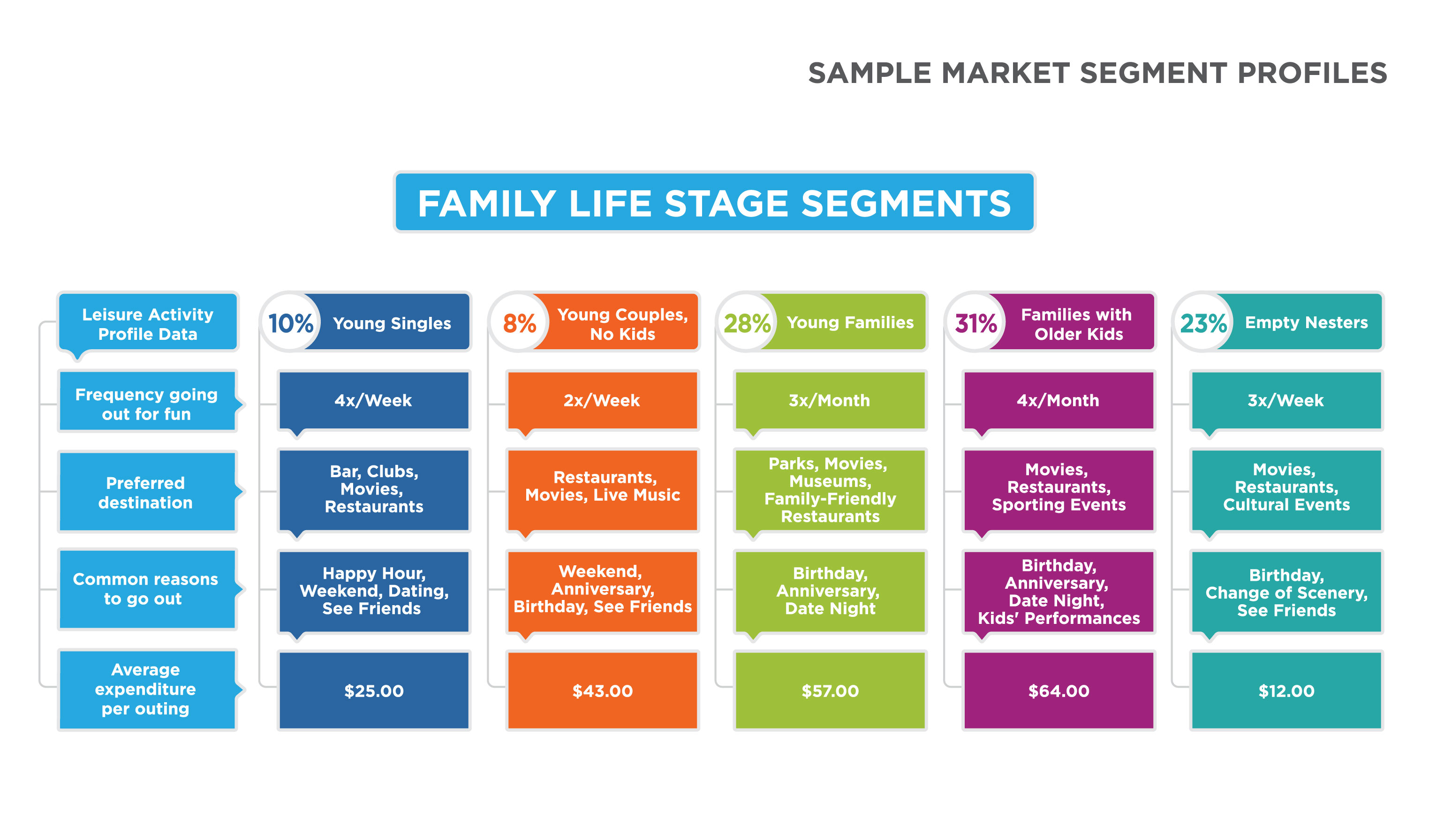Why spend the time? Your salespeople know their customers fairly well. Your marketing people are ready to go and produce brilliant work. So, what is the point of collecting data on an audience that may never purchase? The answer is multifaceted and critical to successful digital marketing.
Customer-Centric
Modern consumers are educated. They don’t need you to sell to them. However, they do anticipate your brand will meet their expectations. A study by Forrester and DMA showed that marketers find understanding customer interactions across all touchpoints was their greatest challenge.

Oniracom
Almost like mind reading, rich social data can give you insight into understanding every potential lead as an individual, with specific wants and needs. This is known as “customer-centric” marketing and it is the best way to reach an audience these days.
The only way to get there is by having the right tools. According to Econsultancy and IBM, 33% of top-rated marketers state that having the right technology for data mining and analysis is what they find the most useful when understanding consumers. This is the stuff that helps them build brand personas.
92.3% of organizations maintain customer databases that host data on consumers and prospects to some extent. It is critical in modern digital marketing that you know who you are talking to and deliver a message that makes sense.
Fast-Paced
There is a great need to know customers well and know them quickly. 67% of marketers surveyed cited “speed” as the second most benefit of data-driven marketing (after accuracy, of course). That means, in addition to quality creative, people also anticipate it to come to them quickly.

CRC Marketing Solutions
Tools and services that give you real-time data are highly effective. Social Industries is an agency that helps a brand make super informed decisions at the drop of a dime. In a recent report, 53% of marketers said “a demand to deliver more relevant communications/be more ‘customer-centric’” was one of the most important factors that drives their investment in data-driven marketing. Professionals are struggling to fully understand consumers and data is bridging the gap.
Targeted
Data-driven marketing is important because it allows for more segmented and targeted campaigns. Concepts like customization, localization, and personalization are all too familiar to modern consumers. Everyone wants to feel special, but that’s nearly impossible for a human to accomplish alone (or even with a team these days). There are simply too many points of data.

Lumen Learning
Creative that is developed through rich social data can give a sales team insight they could not otherwise acquire. If you understand the entire layout of someone’s neighborhood, the weather, and events happening in real-time, you can’t be much more relevant to them, then if you knocked on the door. A recent study revealed that 90.7% of ad and marketing professionals segment data to better engage and target addressable customers or B2B audiences. Some 50.5% said they were more advanced in that area.
Top-Notch
Simply put, data-driven marketing is what all the prosperous marketers are using. If you watch the most successful competition closely, you may see this pattern of informed decision making and consumer engagement. In fact, top-notch marketers are 56% more likely to use data and analytics tools.

Medium
Today, data-driven marketing is woven into the fabric of successful strategies. As the population on the planet grows, so does the diversity of pains, wants, and needs of your audience. You must continuously stay ahead of the game to create the most relevant content possible.
Only 19% of marketers in general track their efforts to drive improvement via reporting. It’s an approach that should be practiced by all, regardless of the industry. The more time you spend setting up your tools and tracking your progress, the more involved your audience will become. They see your efforts and they’ll remember your brand.
